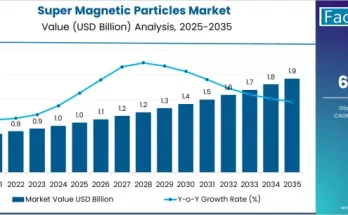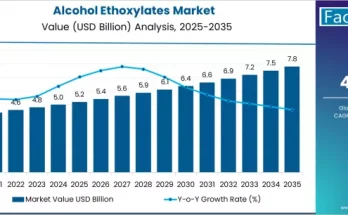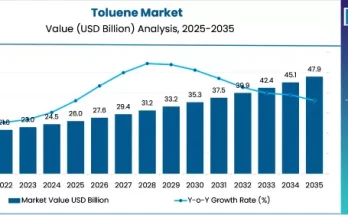Demand for refuse-derived fuel is observed in a wide spectrum of peculiar WtE facilities (waste to energy), where production of electricity and heat energy for commercial purposes is done using low-calorific value refuse-derived fuel. Refuse-derived fuel demand is mostly observed in European countries, making the region account for nearly 60% of the global market share. Key actors present in this region involve themselves in developing effective production methods and processes to meet the rising demand from various end-use industries.
In 2020, the market for refuse-derived fuel observed a contraction of 1.5%. However, the industry is set to get back on track by Q2 of 2021, and things looks brighter for the years ahead. As per Fact.MR’s report, the refuse-derived fuel market is estimated to be valued at US$ 2.2 Bn in 2021, and is anticipated to expand at a CAGR of around 3.5% over the forecast period of 2021-2031.
Key Takeaways from Market Study
- The global market is expected to grow 1.4X in value by the end of 2031
- Europe is anticipated to be a presiding region and this regional market is expected to progress at a CAGR of over 3% through 2031.
- Considering the types of fuel, low grade (<10 Mj/kg) is anticipated to gain 319 BPS through the forecast period.
- Cement kiln, under refuse-derived fuel application, captures a larger chunk of the market share and is expected to progress at a CAGR of close to 4% over the next ten years.
- The market in the United Kingdom is anticipated to gain 217 BPS and expand at a CAGR of close to 4% through 2031.
“Refuse-derived fuel is anticipated to reduce dependency on crude oil over the long run,” says a Fact.MR analyst.
What Makes the European Region Hold Huge Potential for Refuse-derived Fuel?
In Europe, refuse-derived fuel is being used for heat and power generation, contributing to the hierarchy set by European Union. Certificate enlistment, application of management schemes for quality in treating municipal solid waste, and producing fuel, coupled with new technological advancements in fuel production processes have enhanced public acceptance and encouraged effective resource utilization in industries.
Increasing conscience of industries to opt for eco-friendly fuels has boosted demand for refuse-derived fuel. However, refuse-derived fuel standardization in Southern Europe still needs to gradually increase where the market is still developing.


